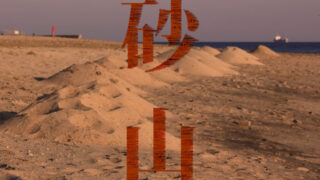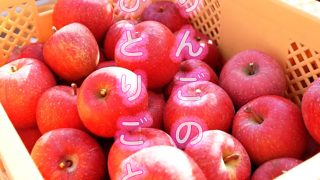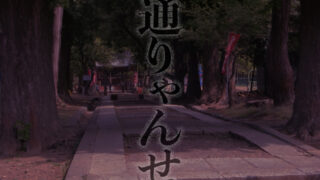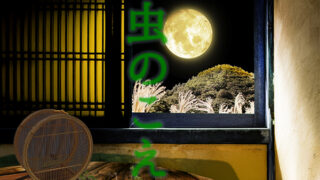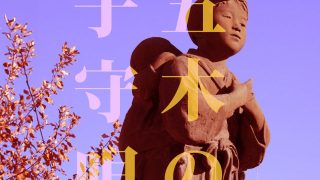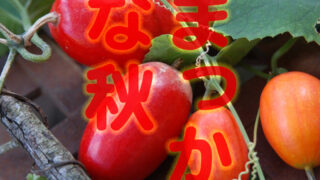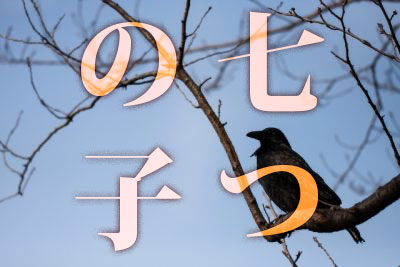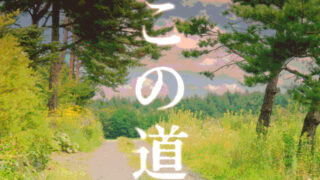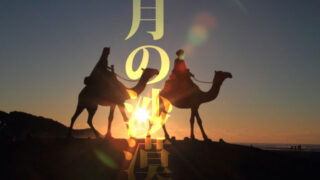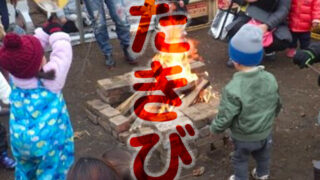
100 Best Japanese Songs – 日本の歌百選
In 2006, the Agency for Cultural Affairs of Japan and the National PTA Council of Japan selected 101 songs of lyrical and beloved genres, including nursery rhymes, school songs, and popular songs, with the aim of encouraging families to sing and pass them down through generations. On this website, we primarily introduce nursery rhymes and school songs with accompanying videos, explanations, and details about places associated with them, serving as hints for journeys.


